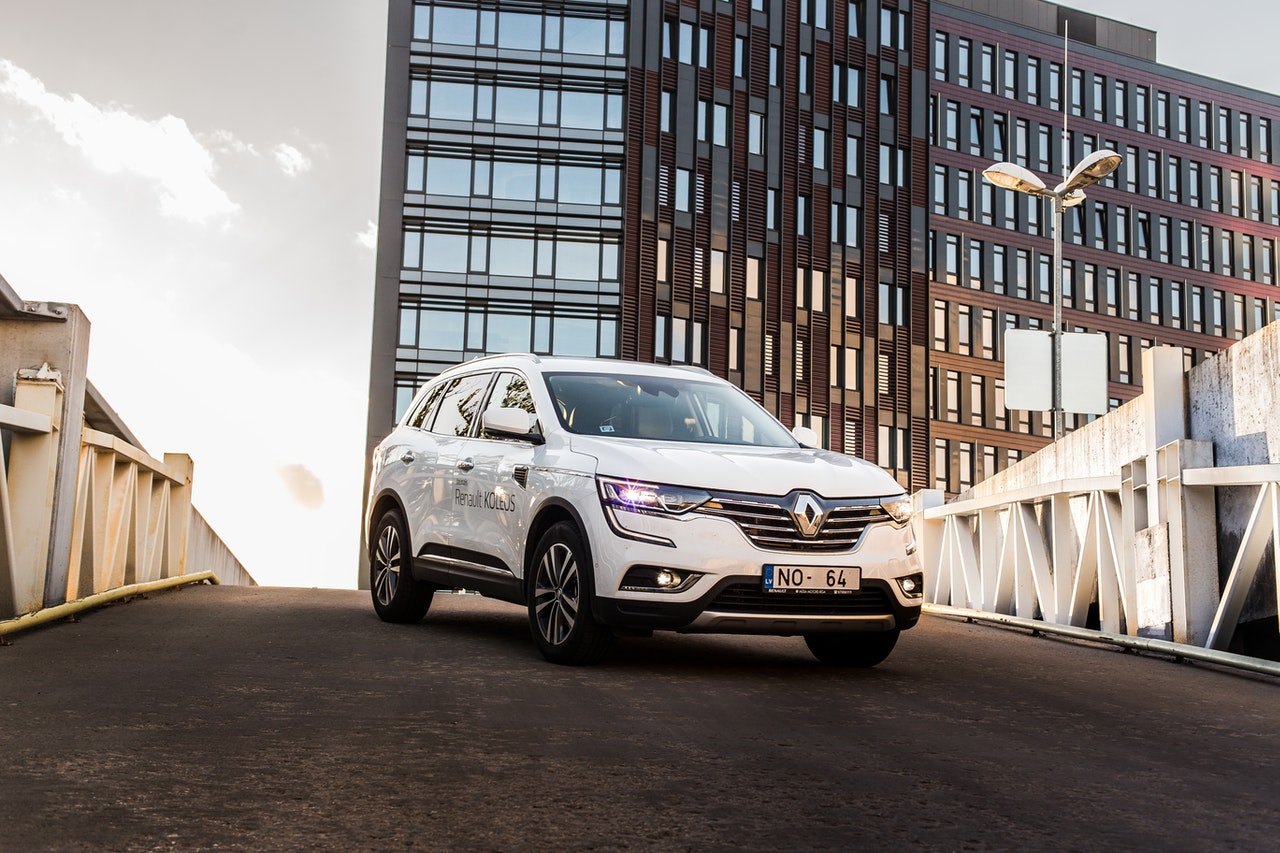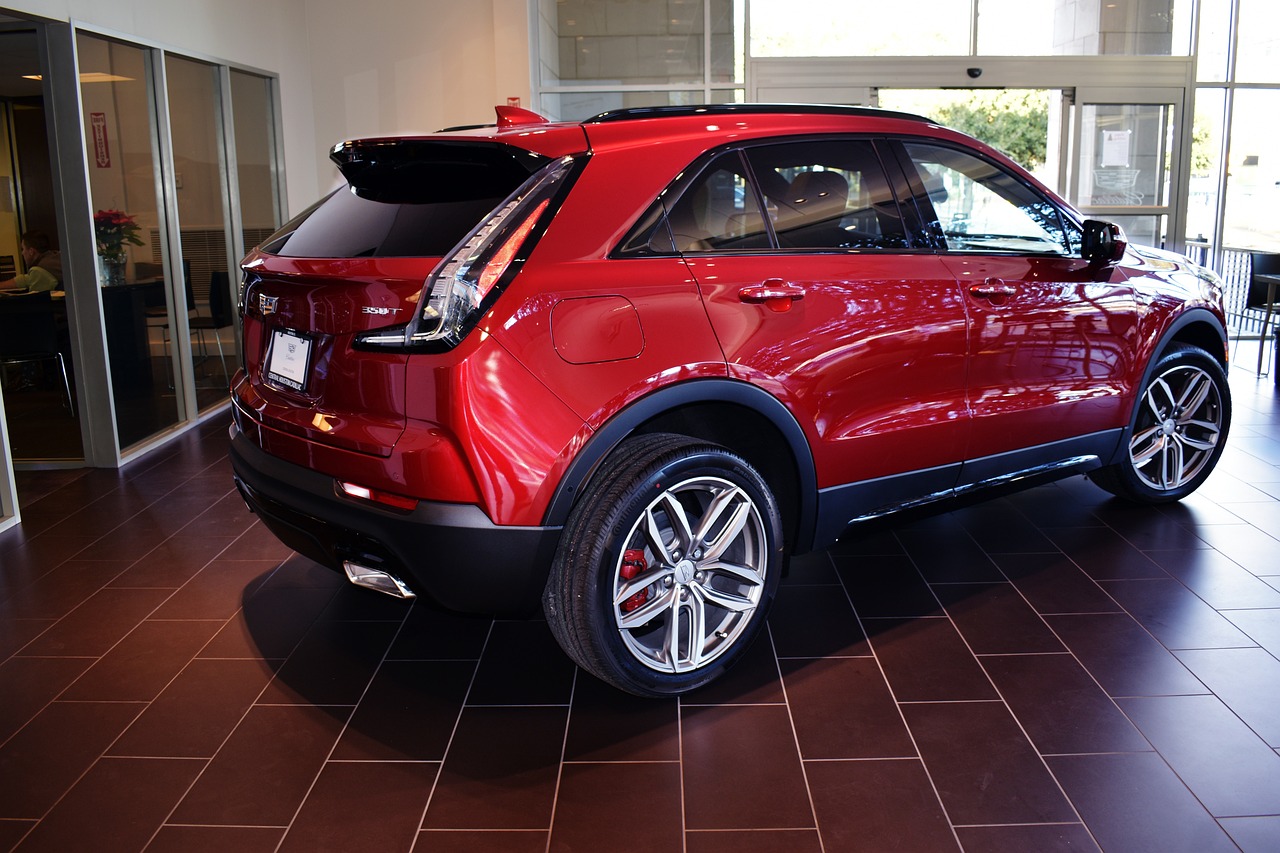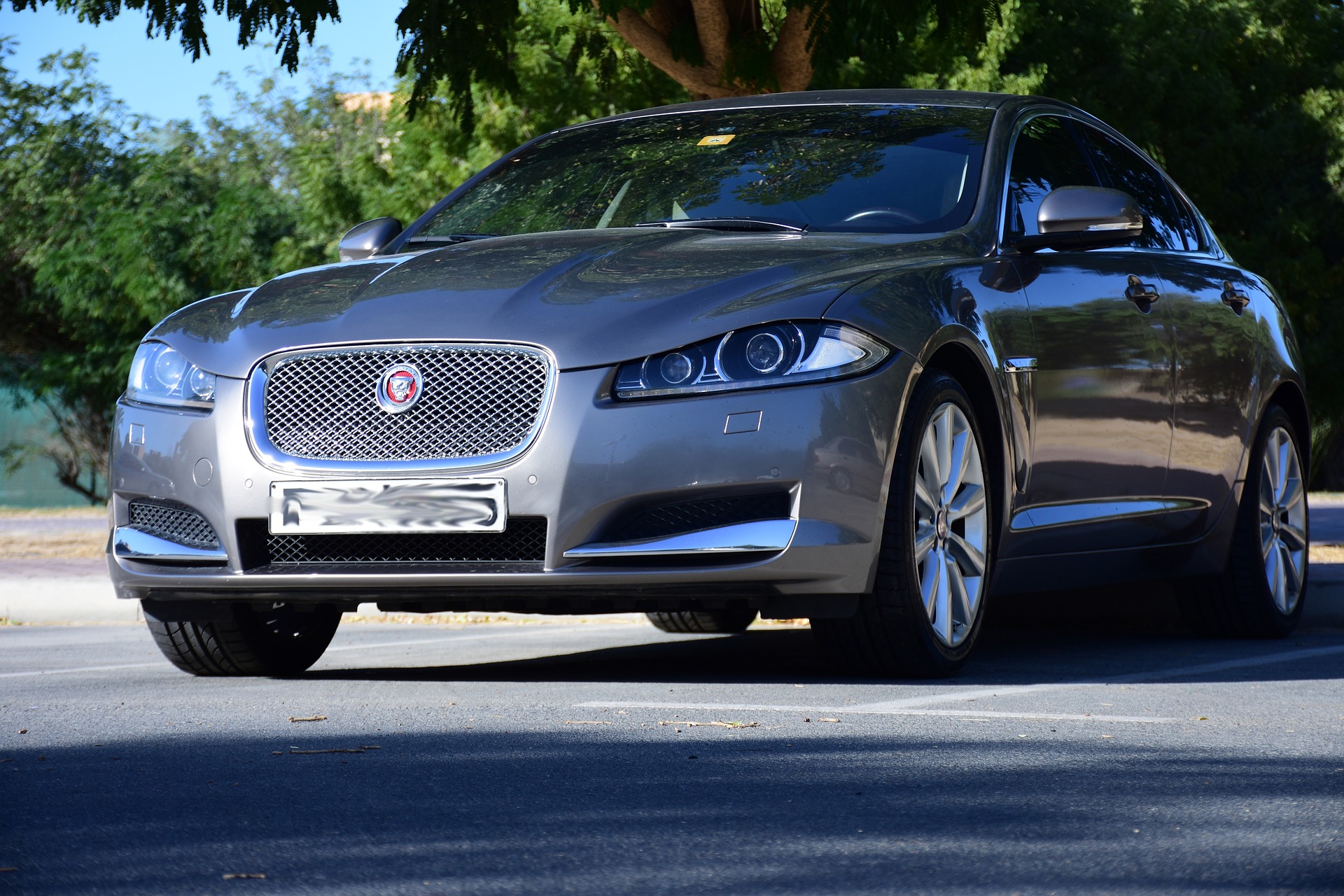Electric vs. Gas Cars: Determining the True Ruler of the Road
The age-old debate of electric versus gasoline-powered cars has only intensified in recent years. With advances in technology and an increasing focus on sustainability, electric vehicles (EVs) are gaining popularity. However, gasoline-powered vehicles still dominate the market in many regions. In this article, we will dive deep into the world of electric and gas-powered cars, comparing their performance, costs, environmental impact, and overall practicality. The aim is to provide a comprehensive analysis to help you decide which type of vehicle best suits your needs and lifestyle.
Performance: Acceleration, Handling, and Range
When it comes to performance, electric cars have a few distinct advantages. For one, they deliver instant torque, which translates to rapid acceleration. High-end electric vehicles like the Tesla Model S can go from 0 to 60 mph in just 2.3 seconds, putting them in the same league as some of the world’s fastest sports cars. However, even more modest electric cars offer impressive acceleration, making them a joy to drive.
In terms of handling, electric cars have their batteries mounted low, resulting in a low center of gravity. This enhances stability and reduces body roll when cornering, providing a more balanced and enjoyable driving experience. Furthermore, electric vehicles have fewer moving parts, which reduces the risk of mechanical failure.
On the other hand, the range of electric vehicles has historically been a concern for many potential buyers. While recent advancements have significantly improved EV range, it still falls short of most gas-powered cars. For example, the 2021 Tesla Model 3 Long Range offers approximately 358 miles on a single charge, while the 2021 Honda Accord boasts a range of around 600 miles with a full tank of gas. That being said, the charging infrastructure for electric vehicles is continually expanding, and rapid chargers can now recharge an EV’s battery to 80% in just 30 minutes, making long trips more feasible than ever before.
In contrast, gasoline-powered cars generally offer more range and greater flexibility when it comes to refueling. However, they cannot match the instant torque and handling benefits of electric vehicles. Additionally, gas engines are more susceptible to mechanical issues due to their complexity and greater number of moving parts.
Costs: Purchase Price, Fuel, and Maintenance
The initial purchase price of electric vehicles has historically been higher than their gas-powered counterparts. However, prices have been steadily decreasing as technology improves and economies of scale take effect. Government incentives and tax breaks also help to reduce the upfront cost of electric vehicles, making them more accessible to the average consumer.
Fuel costs are another critical factor to consider. Electricity is generally cheaper than gasoline, and the gap is widening as gas prices continue to rise. In some regions, electricity costs can be as much as 50% lower than gasoline on a per-mile basis. Additionally, many employers now offer free charging for electric vehicles, further reducing the cost of driving an EV.
Maintenance costs are another area where electric vehicles excel. With fewer moving parts, electric cars require less maintenance than their gas-powered counterparts. There’s no need for oil changes, tune-ups, or exhaust system maintenance. The primary maintenance expense for an electric vehicle is the eventual replacement of the battery pack. However, modern EV batteries are designed to last for well over 100,000 miles, and in many cases, the cost of battery replacement is offset by the savings in fuel and maintenance expenses.
Gasoline-powered vehicles generally have lower upfront costs, but the expense of fuel and regular maintenance can add up over time. This makes the total cost of ownership for gas-powered cars potentially higher than that of electric vehicles, depending on driving habits and fuel prices.
Environmental Impact: Emissions and Sustainability
The environmental impact of electric and gas-powered vehicles is a critical consideration for many buyers. Electric vehicles produce zero tailpipe emissions, which significantly reduces air pollution in urban areas. Furthermore, as the electricity grid becomes cleaner through the adoption of renewable energy sources, the overall emissions associated with charging an electric vehicle will continue to decrease.
It’s important to note, however, that the manufacturing process for electric vehicle batteries can have a substantial environmental impact. Mining the raw materials, such as lithium and cobalt, required for battery production can result in habitat destruction, water pollution, and greenhouse gas emissions. Nevertheless, battery recycling programs and the development of more sustainable battery technologies are mitigating these concerns.
Gasoline-powered vehicles, on the other hand, emit various pollutants, including carbon dioxide (CO2), nitrogen oxides (NOx), and particulate matter (PM). These emissions contribute to climate change, air pollution, and various health issues. While modern internal combustion engines are becoming more efficient and producing fewer emissions, they still cannot compete with the near-zero emissions of electric vehicles.
Practicality: Charging Infrastructure and Vehicle Availability
The practicality of electric and gasoline-powered vehicles depends largely on the local infrastructure and vehicle availability. In urban areas with well-established charging networks, electric vehicles are becoming increasingly practical, allowing owners to charge their vehicles conveniently and quickly. However, in rural areas or regions with limited charging infrastructure, electric vehicles may still pose challenges for long-distance travel.
Gasoline-powered vehicles currently have the advantage when it comes to refueling infrastructure. Gas stations are widespread and easily accessible, making long trips in a gas-powered car more straightforward. However, as charging infrastructure continues to expand and rapid charging technology improves, this advantage may diminish.
Vehicle availability is another factor to consider. While the selection of electric vehicles is growing rapidly, gas-powered cars still offer a more extensive range of models, sizes, and styles. However, with major automakers announcing plans to electrify their fleets and introduce new electric models, the variety of electric vehicles is expected to increase dramatically in the coming years.
The Verdict: Which Cars Truly Rule the Road?
The answer to the ultimate battle between electric and gasoline-powered cars largely depends on individual needs, preferences, and values. Electric vehicles offer superior performance, lower operating costs, and reduced emissions, making them an attractive choice for those seeking a sustainable and enjoyable driving experience. However, the higher upfront cost, limited range, and charging infrastructure challenges may deter some buyers.
Gasoline-powered vehicles offer greater flexibility, more extensive model selection, and wider refueling options. However, they come with higher long-term costs, increased maintenance requirements, and a more significant environmental impact.
As technology continues to advance and infrastructure expands, electric vehicles will likely become the dominant force on the road. However, for now, the ultimate choice between electric and gas-powered cars depends on each individual’s unique circumstances and priorities. It’s essential to carefully consider all factors, including performance, costs, environmental impact, and practicality, before making a decision.












